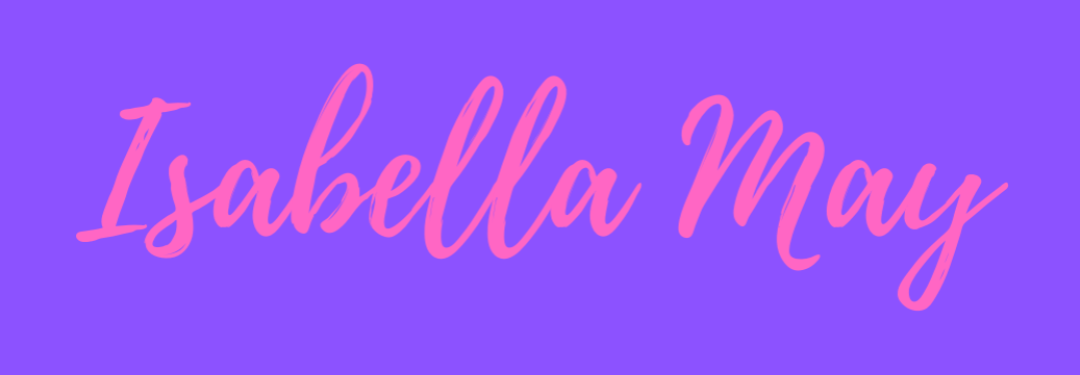The Great Divide!
I am about to tackle a subject smack bang in the middle of Marmite territory. But sometimes these things just have to be done, especially in our current world climate; a pivotal time when understanding, open-mindedness and love are the only driving force behind positive change.

As an author, one thing I love to do is to lace my books with a healthy dusting of social and cultural references – a little regional lingo here, a mention of a national rock star/cake/TV programme/dish/event/attraction or two there. Without them, my stories would be floppy, meaningless, wooden and hollow – and for want of a better word, pretty goddamn BORING.
I’m not for one minute saying that social and cultural references are a prerequisite for every novel. Sometimes they aren’t, and sometimes we can definitely overdo them – the line is fine, after all. But from the sensational psychological thrillers of S.E Lynes, through to the riveting romcoms of Julie Caplin, some of the very best British books include them. And yes, the British part there is intentional. I’ll get to that bit in a wee while… (shucks, now I’m starting to sound Scottish).
Social and cultural hints paint a unique portrait of the times.
All too often we’re taught not to ‘age’ our stories, not to ‘date’ our writing, not to alienate our audience so that our book might also ‘break into Europe and America’. Who exactly made up this crock of shit iron rule? I, for one, would like to have a word with them over a Great British afternoon tea at 4pm on the dot.

I jest.
But not on the rule-breaking bit. Because if we’re not writing primarily for ourselves and the joy of our craft, we may as well not bother.
This outlandish ‘pearl of wisdom’ is one we writers are all infinitely better off without. How else do we learn of other cultures, how else do we garner respect, infuse ourselves with tolerance and open-mindedness? And how else does a flippin’ historical novel ever come to pass?
I lose count of the amount of (in particular) U.S. based novels that talk of actors I have never heard of from TV channels to which I have no access, Spanx and Smores. But that’s okay and that’s fine and that’s perfectly normal. I’m good with it. It never detracts from the story, simply adds to the flavour. In the same way, I wouldn’t expect an American author to cut out the state-isms, to never mention a country song, to quit referring to Walmart, to use the words ‘colour/rubbish and dummy’.

Our cultures and the societies within them are what make us humanity. We are a rich melting pot of diversity, and critiquing a book because it bucks the all-too-oft sterile, mainstream trend of box ticking and comfort zones and neutrality, is frankly short bloody sighted.
There I have said it.
Although I can only count the number of times on two hands that I have been critiqued *mainly, I have to say, by U.S readers* for making my books ‘too British’, ‘too European’, or a novel that warranted nothing short of fifty trips to the Wikipedia page, peppering my stories with culture and important tidbits of social history, is not something I plan to stop any time soon.

Anthropology needs us to chart where we are. Entire languages have been lost in this way, deemed as ‘dead’ and irrelevant; religions are belittled this way, heck… I’m only going to come right out and say something even louder on the back on that, too: entire wars begin this way.
All of which may sound ridiculously mountain-out-of-molehill-esque, but acceptance begins at home… in our books and magazines and newspapers, on our TV screens, in our local cafes/supermarkets/schools/streets. An attack on a book for being ‘too African/Australian/Icelandic/Japanese/Russian/Polish/American/British/Welsh/French…’ is an attack on a nation, an attack on an identity.

We can dress it up every which way we like, but the seeds of racism are the seeds of racism, no matter how subtle they may seem.
So next time you pick up a book and come across these regional and national iced gems of tradition and ritual, thank your lucky stars you are now armed with something which might help you win a pub quiz… or University Challenge (oops, there she goes again!). Failing that, read the blurb, understand what you are buying into, or just stop reading altogether if the intricacies of a romance set in North Carolina/a romcom based in Melbourne/a thriller situated in Hull/a spot of magical realism on Spain’s Costa del Sol doesn’t float your boat.
One thing all of us have in common, in spite of our differences, is way too many other books waiting to be devoured in our To Be Read pile.


So much this! I think the references add flavor. I just finished a book with references to The Undateables, First Dates and The Great British Bake Off. I knew exactly what kind of picture the author wanted to paint since I know those shows. If she had left out the names, it would have been a bland description and probably just filler words. But by using just two or five words, you can paint the right picture.
If I stuck to books only set in my own region, in my own time, or ageless books, my life would be so boring.
LikeLiked by 1 person
Interesting points. Thanks for sharing 😊.
LikeLiked by 1 person
Fabulous post! I love learning about new cultures or local traits in books. Keep up the good work and don’t ever change.
LikeLiked by 1 person
If you do a good enough job then people won’t need to go to Wikipedia. Mention something, but, if you know what you’re doing then all they need to know is you’re referencing a comedic actor, a sad movie, a fast car, a gross food, or whatever. Sure, knowing the specific thing referenced adds to it, but not knowing it…you still get the idea, get something out of it. I do a ton of this in my writing. The reference means something to everyone and is relatable to what they would have used instead to represent the concept being conveyed. It’s the concept that matters…not the specific reference. Yes, the thing referenced gives the concept a particular flavor or color or whatever, but it’s the concept that counts more…if not, then all you’re doing is name dropping. And that’s never a bad thing ever…oh, no, not annoying at all. Everyone just loves to hear how many specific things you know the names of…oh, how smart and worldly you are. NOT! So, make sure the reference goes beyond the reference itself…if it does, then use it and a million more if they fit the piece. Unless, of course the whole point is name dropping, for say comedic or satirical effect or what have you. But, otherwise…substance, substance, substance…always substance…something deeper or don’t bother.
LikeLike